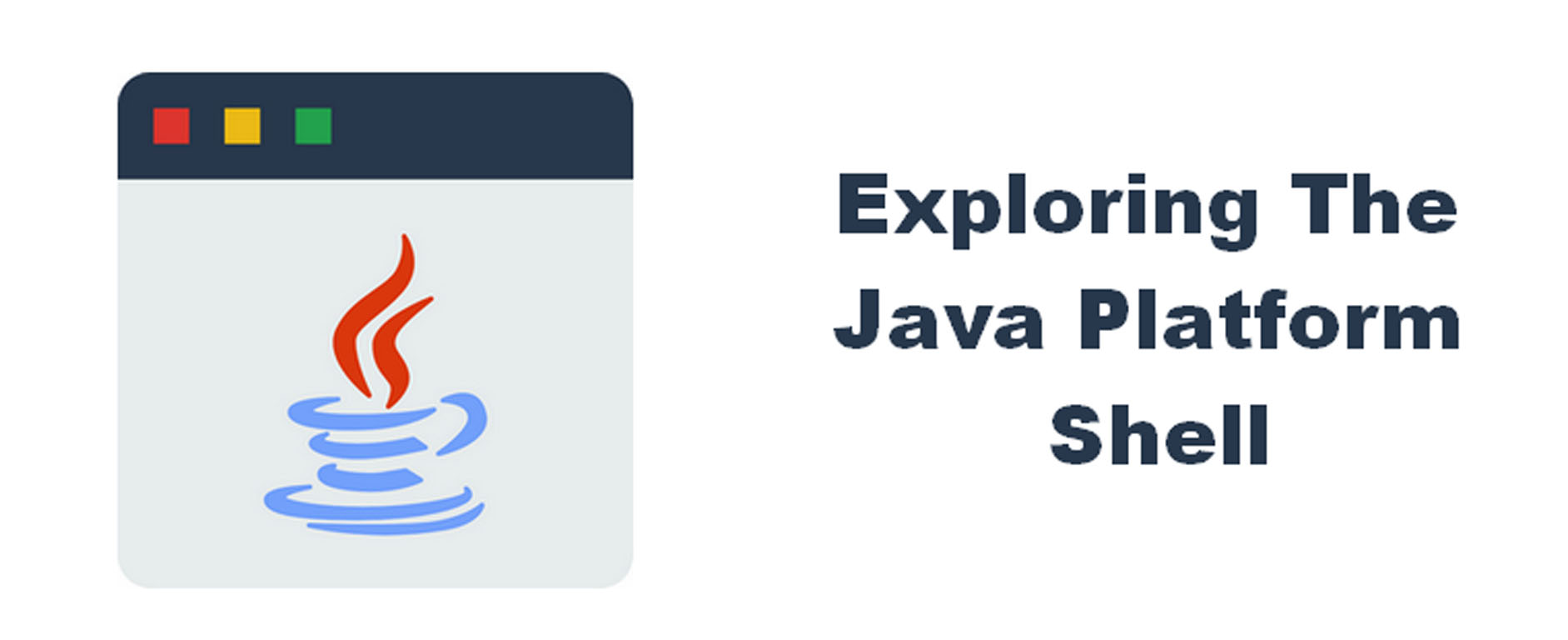在大部分Java开发过程中需要调用一些Shell脚本命令来实现某些功能,如:文本处理过程中调脚本使开发更便捷、其他组件只提供了Shell脚本调用方式或调脚本与系统直接交互等场景。
关键词: Java调Shell、问题总结
1. “No such file or directory”问题的原因分析及解决方法 1.1. 若执行的是Shell脚本文件,可能是由于执行脚本的换行符不正确导致的 原因分析: 文件明明存在但Java仍然报“No such file or directory”,可能由于Linux与Windows系统字符差异(主要是换行符\n,\r\n)导致的,即待执行脚本文件的换行符为\r\n,导致win下编写的脚本文件无法被在Linux环境中Java执行,而报“No such file or directory”IO异常。
解决方法:
重新在Windows上用文本编辑器改好格式后上传到Linux服务器再执行(简单直观)
若觉得从Windows到Linux上传太折腾,也可通过vim更改字符格式(dos -> unix),在Linux环境上用vim去掉多出的’\r’
1 2 3 4 5 6 7 8 9 10 11 # vim查看文本格式,确定脚本文档格式(dos(Windows)--\r\n; unix(Linux)--\n) :set ff # vim查看不可见字符,确认脚本结尾字符问题 :set invlist # 方式1:命令行模式set fileformat(推荐) :set fileformat=unix :wq # 方式2:删除多的\r字符(下方替换命令没写错,用/r) :%s//r//g
若需要修改多个脚本文件格式,也可通过dos2unix命令批量修改
1 2 3 4 5 6 7 8 sudo find YourScriptsDir/ -name "*.sh" | xargs dos2unix 可选参数备注: -k:保持输出文件的日期不变 -q:安静模式,不提示任何警告信息 -V:查看版本 -c:转换模式,模式有:ASCII, 7bit, ISO, Mac, 默认是:ASCII -o:写入到源文件 -n:写入到新文件
1.2. 手动在bash中能够执行,但Java中调用Shell却报“No such file or directory” 原因分析: Java在调用Shell的时候,默认是用在系统的/bin/目录下的指令(不加载环境变量),可能是找不到命令的路径。如:要用Java执行Shell命令为”node helloworld.js”,可能是不能识别”node”这个命令。解决方法: 在/bin/目录下创所调用命令软链接 或 用命令全路径
1 2 3 4 5 # 创建所调用命令软链接到/bin/目录 ln -s /home/admin/node/bin/node node; # 或调用时用node的绝对地址 /home/admin/node/bin/node helloworld.js
1.3. 若脚本文件换行符正确、有脚本执行权限,无命令识别问题,却依然无法执行shell 原因分析: 推测可能是在调用Runtime.getRuntime().exec(“CMD”)时,传递Shell命令字符串的某个实现环节出了问题。解决方法: 实例化一个数据输出流,通过dataoutputstream对象的写字节方法往process写待执行的Shell命令字符串
1 2 3 4 5 6 7 8 9 10 11 12 13 14 15 16 17 18 19 20 21 22 23 24 25 26 27 int resultValue = 0 ;Process process = null ; DataOutputStream dataOutputStream = null ; try { process = Runtime.getRuntime().exec("/bin/bash" ); dataOutputStream = new DataOutputStream(process.getOutputStream()); dataOutputStream.writeBytes(command + "\n" ); dataOutputStream.writeBytes("exit\n" ); dataOutputStream.flush(); readStdStream(process); resultValue = process.waitFor(); System.out.println("resultValue = " + resultValue); } catch (IOException e) { e.printStackTrace(); } catch (InterruptedException e) { e.printStackTrace(); } catch (IllegalMonitorStateException e) { e.printStackTrace(); } finally { try { dataOutputStream.close(); process.destroy(); } catch (IOException e) { e.printStackTrace(); } }
2. 脚本无执行权限问题及解决方法 原因分析: Java执行某些程序解压的脚本,因没及时赋权限导致无法执行解决方法: Java中调用shell命令赋权
1 2 3 ProcessBuilder processBuilder = new ProcessBuilder("/bin/chmod" , "a+x" , shFile.getPath()); Process process = processBuilder.start(); int exitValue = process.waitFor();
3. Java进程阻塞(一直等待Shell返回)问题及解决方法 原因分析: 调用Shell命令后Java业务进程阻塞,根因是在执行的Shell脚本中含print或echo输出,未能读取缓存区导致缓存区用尽。解决方法: 及时将标准输出流和错误流读取出来,也方便后续问题定位
1 2 3 4 5 6 7 8 9 10 11 12 13 14 15 16 17 18 19 20 21 22 23 24 String readLine; BufferedReader stdInput = null ; BufferedReader stdError = null ; try { stdInput = new BufferedReader(new InputStreamReader(process.getInputStream())); while ((readLine = stdInput.readLine()) != null ) { System.out.println("[stdInputStream]:" + readLine); } stdError = new BufferedReader(new InputStreamReader(process.getErrorStream())); while ((readLine = stdError.readLine()) != null ) { System.out.println("[stdErrorStream]:" + readLine); } } catch (IOException e) { e.printStackTrace(); } finally { try { stdInput.close(); stdError.close(); } catch (IOException e) { e.printStackTrace(); } }
4. 附录:简易的Java执行Shell命令类 1 2 3 4 5 6 7 8 9 10 11 12 13 14 15 16 17 18 19 20 21 22 23 24 25 26 27 28 29 30 31 32 33 34 35 36 37 38 39 40 41 42 43 44 45 46 47 48 49 50 51 52 53 54 55 56 57 58 59 60 61 62 63 64 65 66 67 68 69 70 71 72 73 74 75 76 77 78 79 80 81 82 83 84 85 86 87 88 89 90 import java.io.*;public class ExecShellCMD public static int execShellCommand (final String command) int resultValue = 0 ; Process process = null ; DataOutputStream dataOutputStream = null ; try { process = Runtime.getRuntime().exec("/bin/bash" ); dataOutputStream = new DataOutputStream(process.getOutputStream()); dataOutputStream.writeBytes(command + "\n" ); dataOutputStream.writeBytes("exit\n" ); dataOutputStream.flush(); readStdStream(process); resultValue = process.waitFor(); System.out.println("resultValue = " + resultValue); } catch (IOException e) { e.printStackTrace(); } catch (InterruptedException e) { e.printStackTrace(); } catch (IllegalMonitorStateException e) { e.printStackTrace(); } finally { try { dataOutputStream.close(); process.destroy(); } catch (IOException e) { e.printStackTrace(); } } return resultValue; } private static void readStdStream (final Process process) String readLine; BufferedReader stdInput = null ; BufferedReader stdError = null ; try { stdInput = new BufferedReader(new InputStreamReader(process.getInputStream())); while ((readLine = stdInput.readLine()) != null ) { System.out.println("[stdInputStream]:" + readLine); } stdError = new BufferedReader(new InputStreamReader(process.getErrorStream())); while ((readLine = stdError.readLine()) != null ) { System.out.println("[stdErrorStream]:" + readLine); } } catch (IOException e) { e.printStackTrace(); } finally { try { System.out.println("close std stream" ); stdInput.close(); stdError.close(); } catch (IOException e) { e.printStackTrace(); } } } public static void main (String[] args) System.out.println("Java exec shell command running..." ); String command = "/home/admin/node/bin/node helloworld.js" ; int times = 0 ; while (true ) { if (times > 100 ) { times = 0 ; } System.out.println("\nNo." + (++times) + " times to exec shell command..." ); execShellCommand(command); try { Thread.sleep(10000 ); } catch (InterruptedException e) { e.printStackTrace(); } } } }
